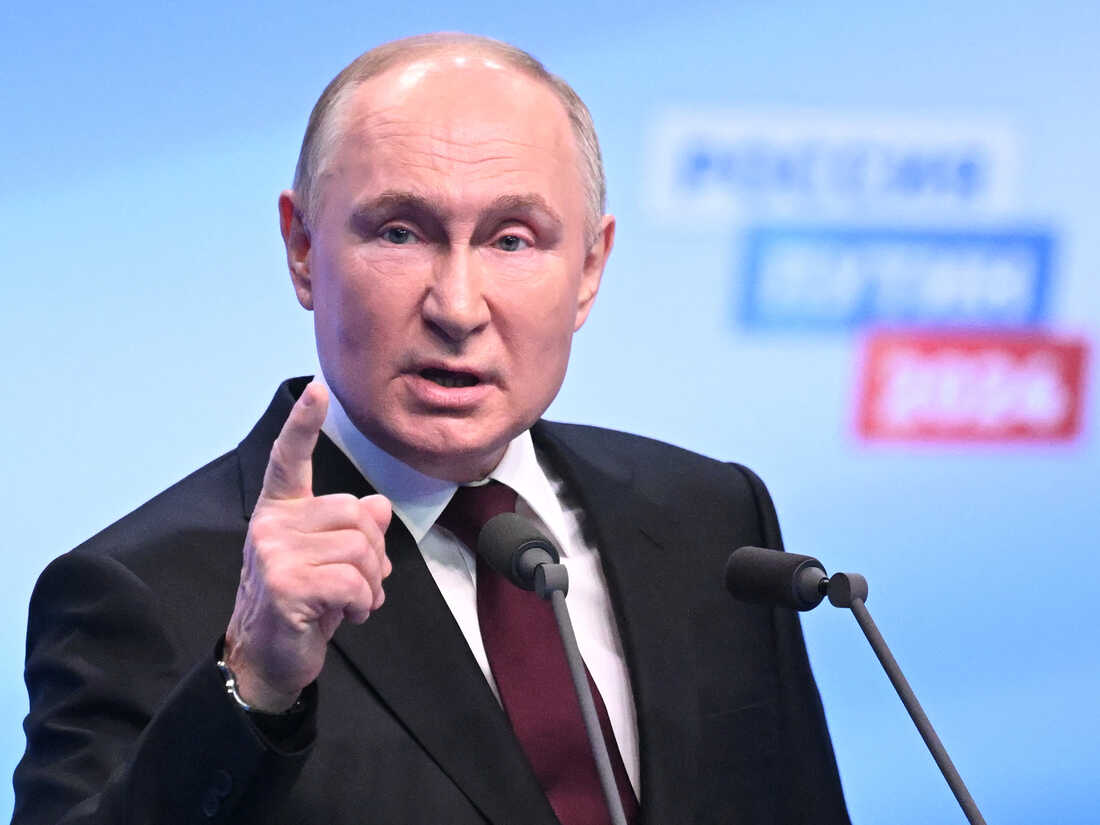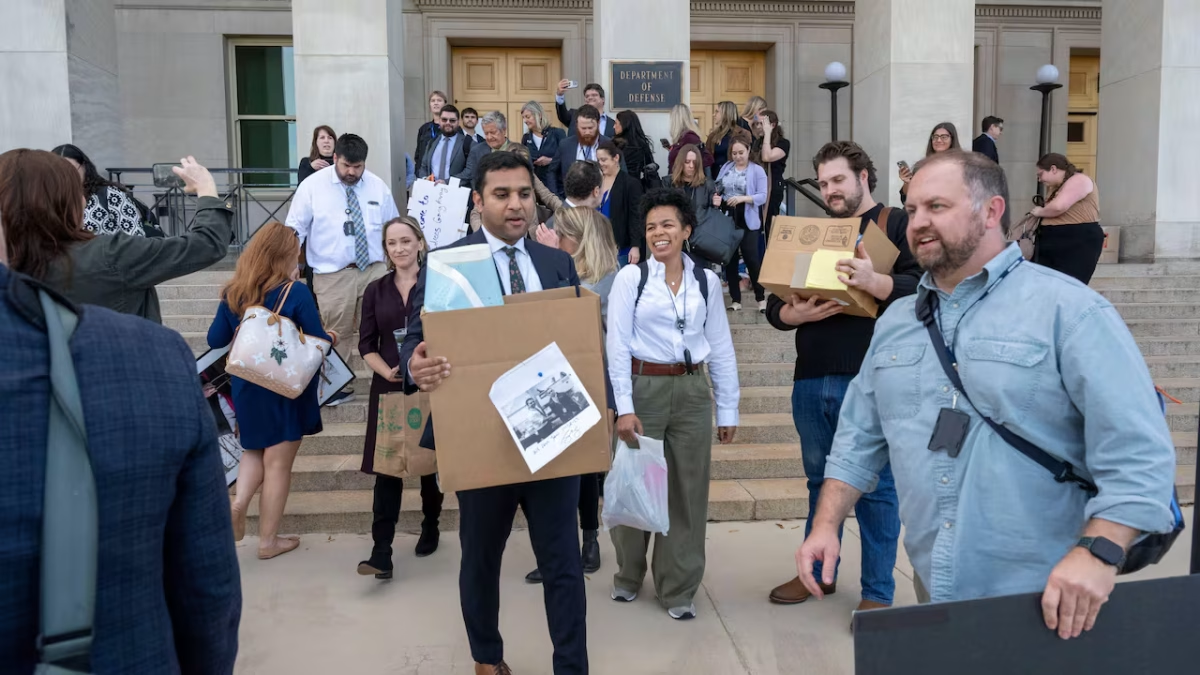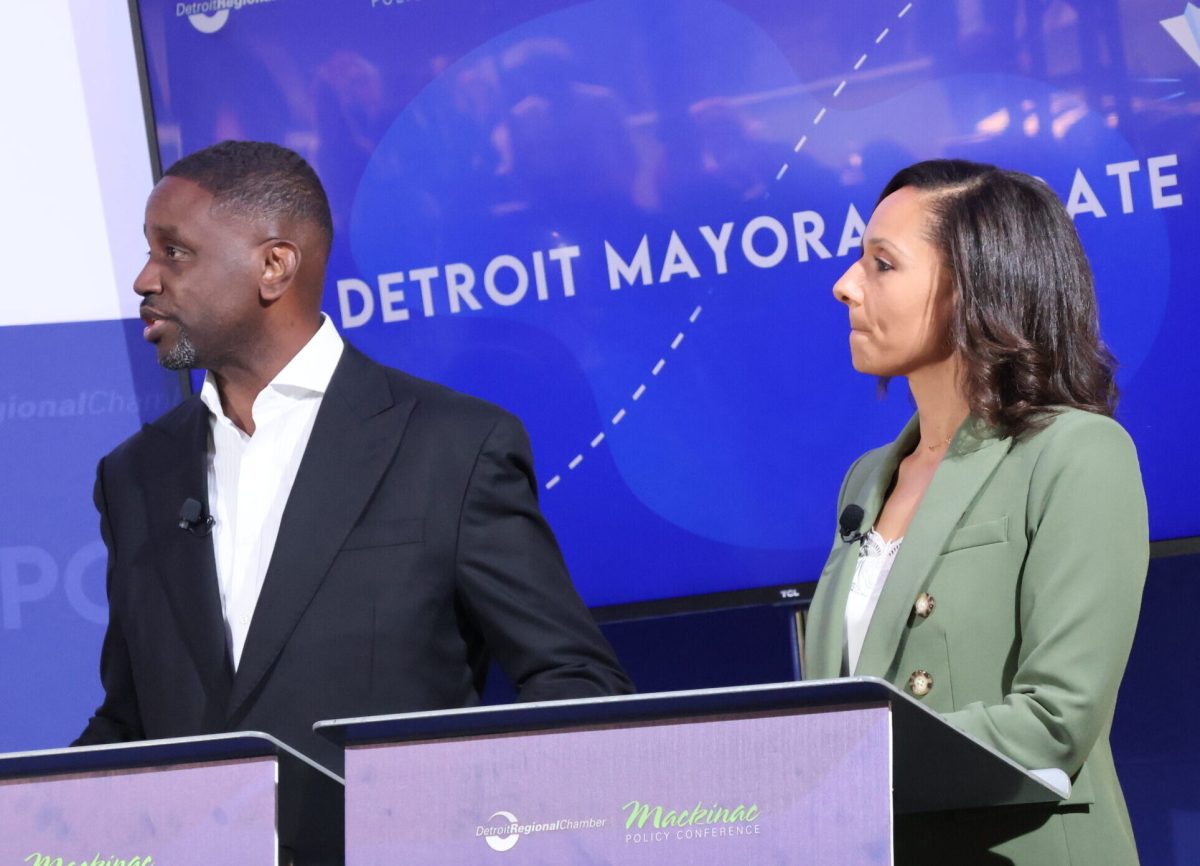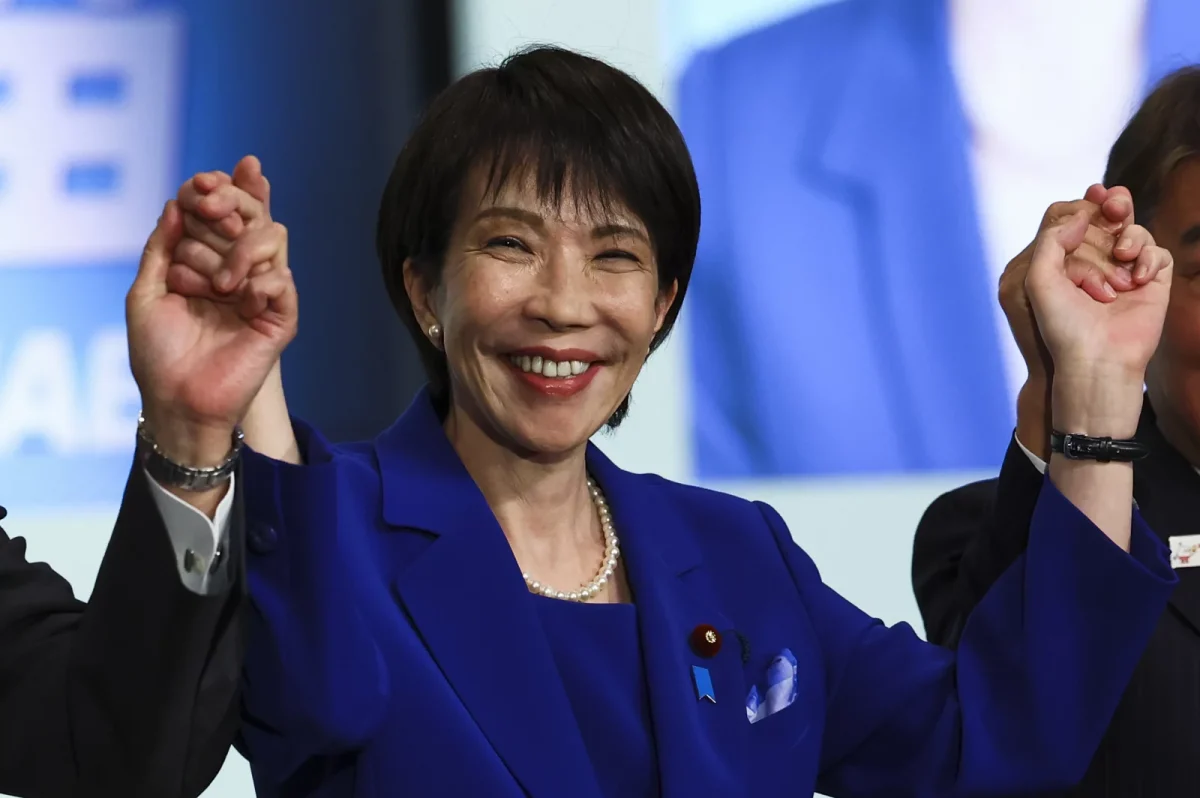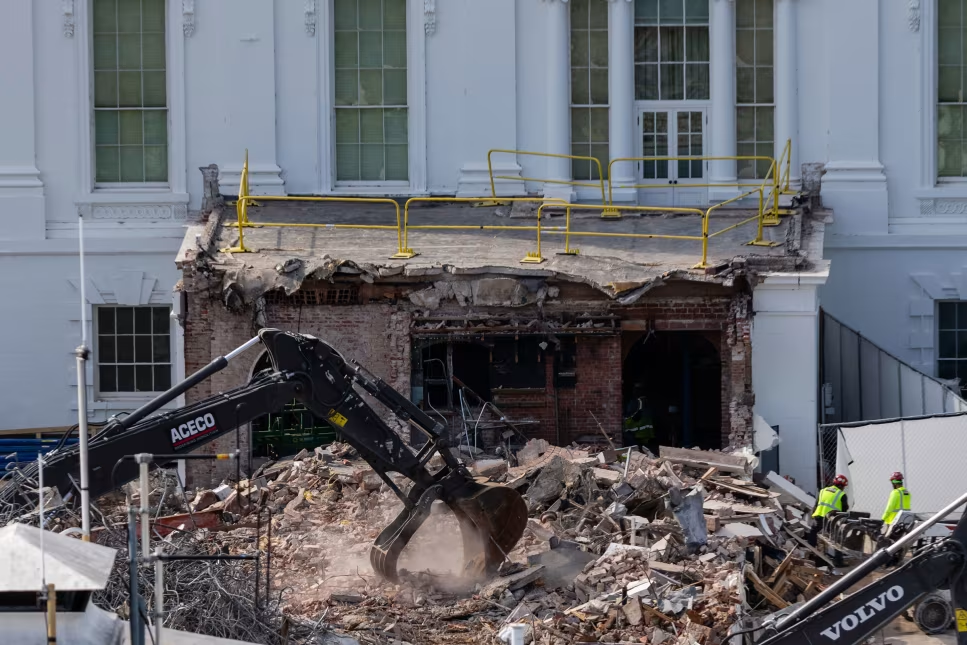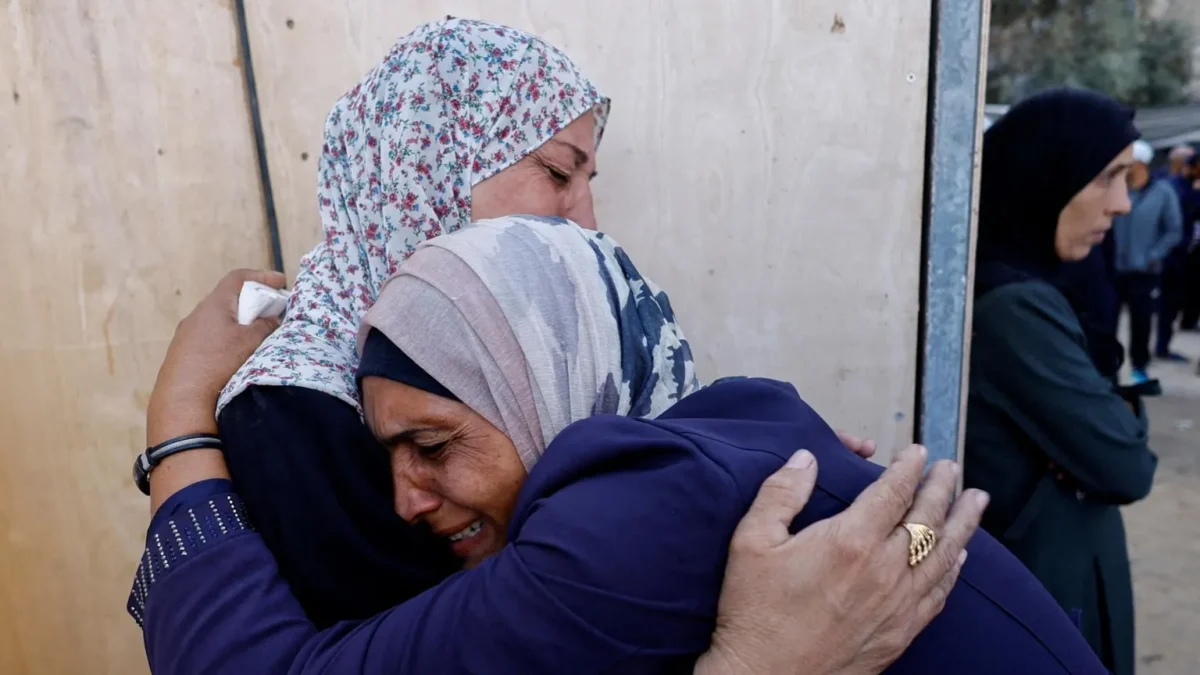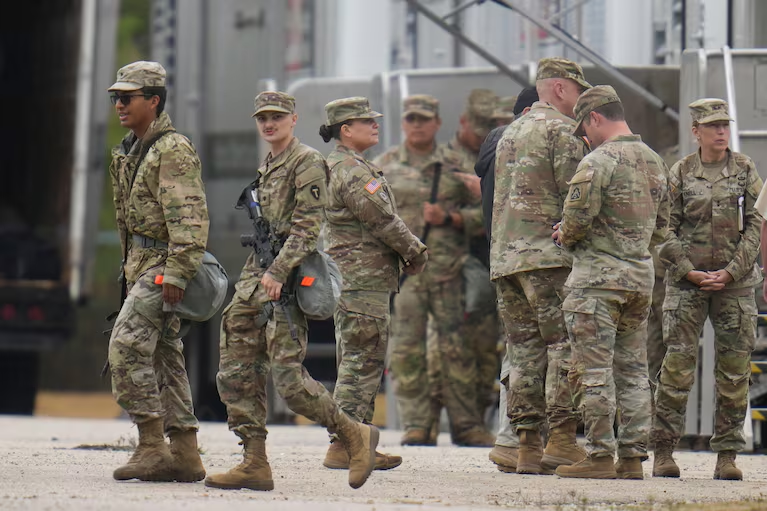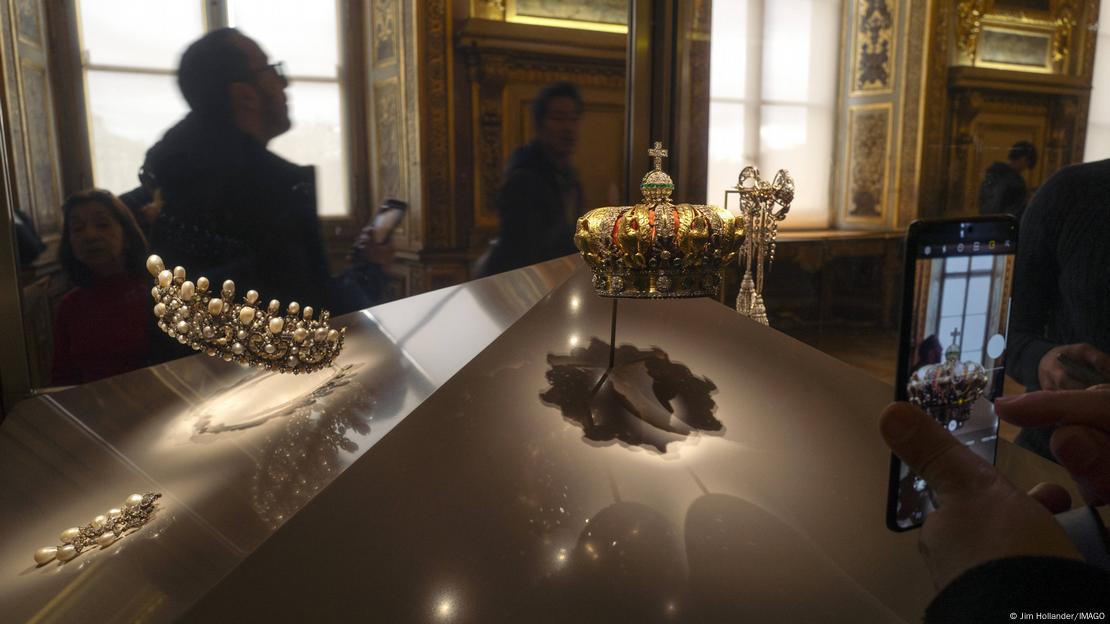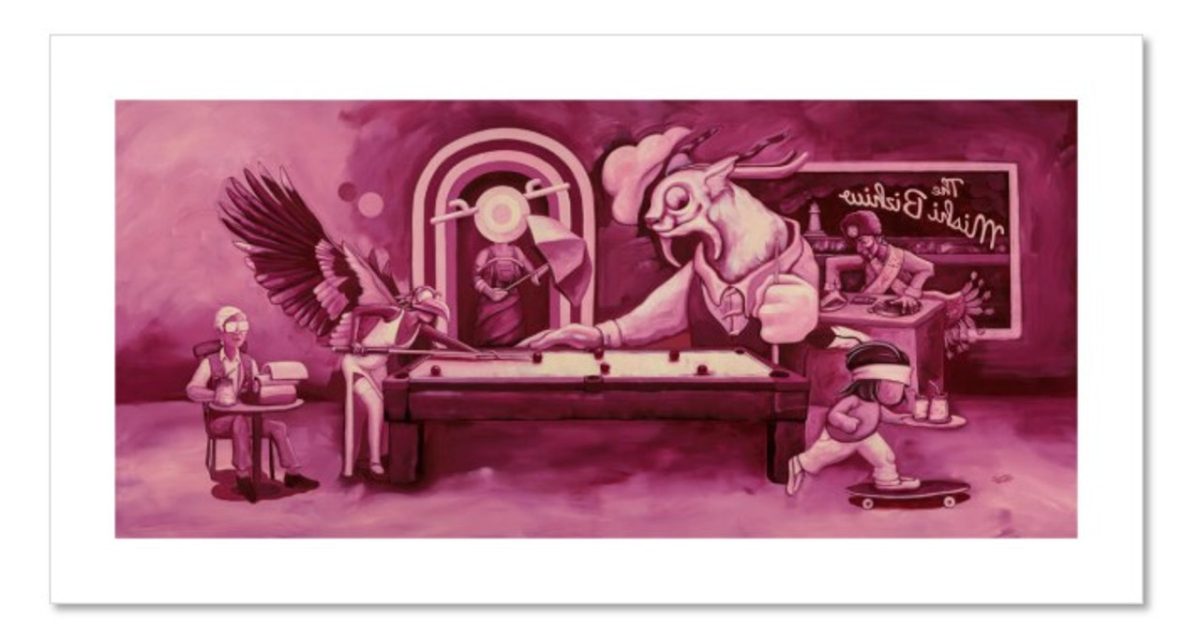Vladimir Putin has won his fifth presidential election in a landslide victory.
Russian elections were held from March 15 through March 17, with Russian citizens heading to the polls to cast their votes. The incumbent president, Putin, swept the polls by winning 87% of the vote. He is now the longest-serving Russian leader since Joseph Stalin, serving as president since 2000.
The Kremlin has ensured his landslide victory with inside workings being at play. Putin had no legitimate or serious competition to this presidency. All of Putin’s enemies are either in jail or dead — a haunting fact of his power.
In fact, a Russian media outlet Meduza, a Russian-based media outlet in Latvia, conducted a voter turnout study for the 2024 presidential election. Meduza reported that it was the most rigged election in the country’s history. The study found that voter turnout at polling stages consistently changes over time, suggesting that regional commissions faked the voter turnout data.
Notably, Russian opposition leader Alexei Navalny died in prison about a month before the election on Feb. 16. With Russia’s history of clandestine action and sabotage, Navalny’s death has sparked theories and caused many to speculate about Kremlin interference.
Despite speculations over election legitimacy, Russia’s global power is undeniable. With the threat of nuclear weapons and military power, Russia continues to solidify its place on the global political field, despite outside opposition. The Global Firepower Index (GFP) denotes Russia as a top 5 global military power.
Russia’s economy has been dropping after the invasion of Ukraine, with its GDP consistently dropping by 2% since 2022. Economic sanctions from pro-Ukrainian countries, such as the U.S., have particularly caused economic stress to Russia.
Recently, Russia has announced its readiness for nuclear war. On March 13, Putin told the West that Russia was technically ready for nuclear war. If the U.S. sent troops to Ukraine to help assist in the war, U.S. land involvement would significantly escalate the conflict. From Russia’s end, U.S. troops in the warzone would be seen as intervention.
“From a military-technical point of view, we are, of course, ready,” Putin told Rossiya-1 television agency.
However, Putin displays no rush for a nuclear war scenario. In fact, he sees no need for nuclear weapons to be used in Ukraine. Ukrainian official,Mykhailo Podolyak explains that this threat is simply propaganda meant for intimidation.
“Realizing that things are going the wrong way, Putin continues to use classic nuclear rhetoric. With the old Soviet hope — ‘be scared and retreat!” Podolyak said.
However, as the war continues and as outside countries consider physical military intervention, the Russian-Ukrainian conflict is likely to escalate, thus causing the possible usage of nuclear weapons to loom large.
Putin will stay in power until at least 2030. However, with the current political state in Russia, he can stay in power as long as he wants. It seems as if 2036 is no longer so outrageous to see Putin still in power.



